Bishop José Garcia, 63, just finished walking an average of 12 miles a day, for 11 days straight. Not for exercise, but for the basic rights of immigrants. “El Camino del Inmigrante,”…
Read morePastor walks 150 miles in the name of immigration
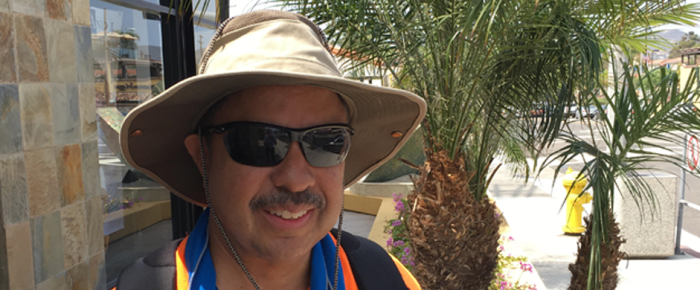

Bishop José Garcia, 63, just finished walking an average of 12 miles a day, for 11 days straight. Not for exercise, but for the basic rights of immigrants. “El Camino del Inmigrante,”…
Read more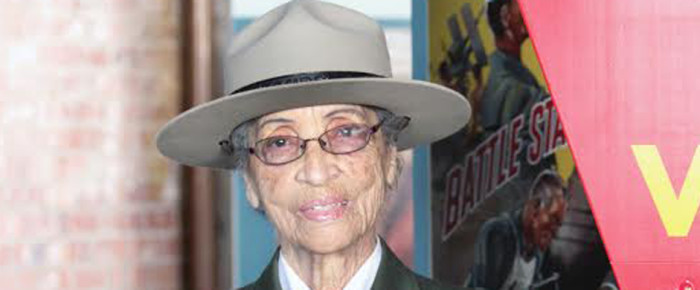
At nearly 95, Betty Reid Soskin has lived a remarkable life, but her adventures are not over. During World War II, when Soskin was 20, she worked as a file…
Read more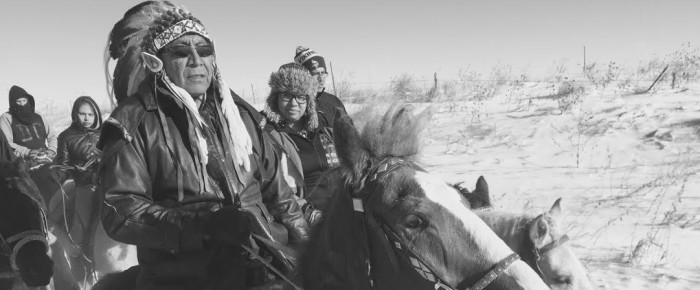
Arvol Looking Horse does not have a computer or access to internet. He is also careful with his spoken words – he has to be, as he is Chief of…
Read more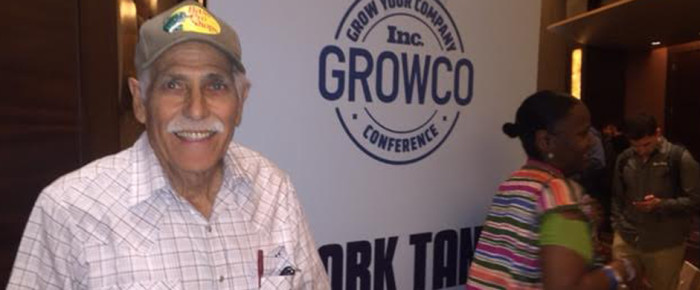
Steve Albin grew up in the Santa Clara Valley prune orchards in northern California and has lived in nearby Los Altos his entire life. He has always appreciated the little…
Read more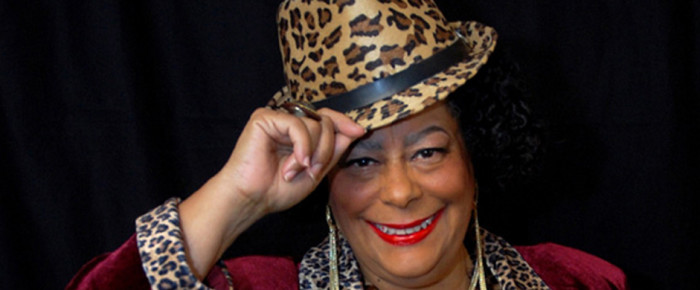
Joan Cartwright has spent a good portion of her life traveling around the world singing jazz. Music had been her first love since the age of four when her mother…
Read more